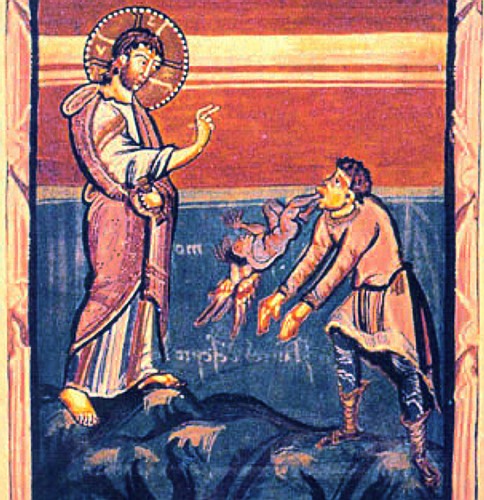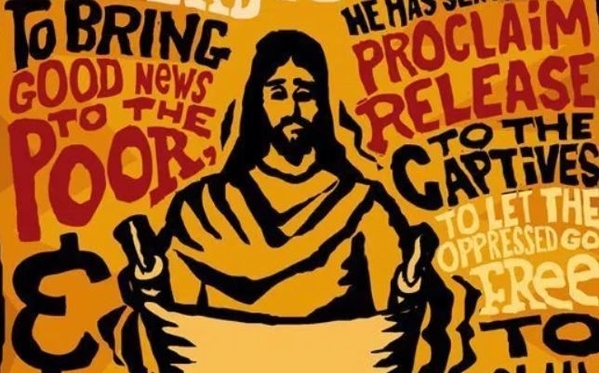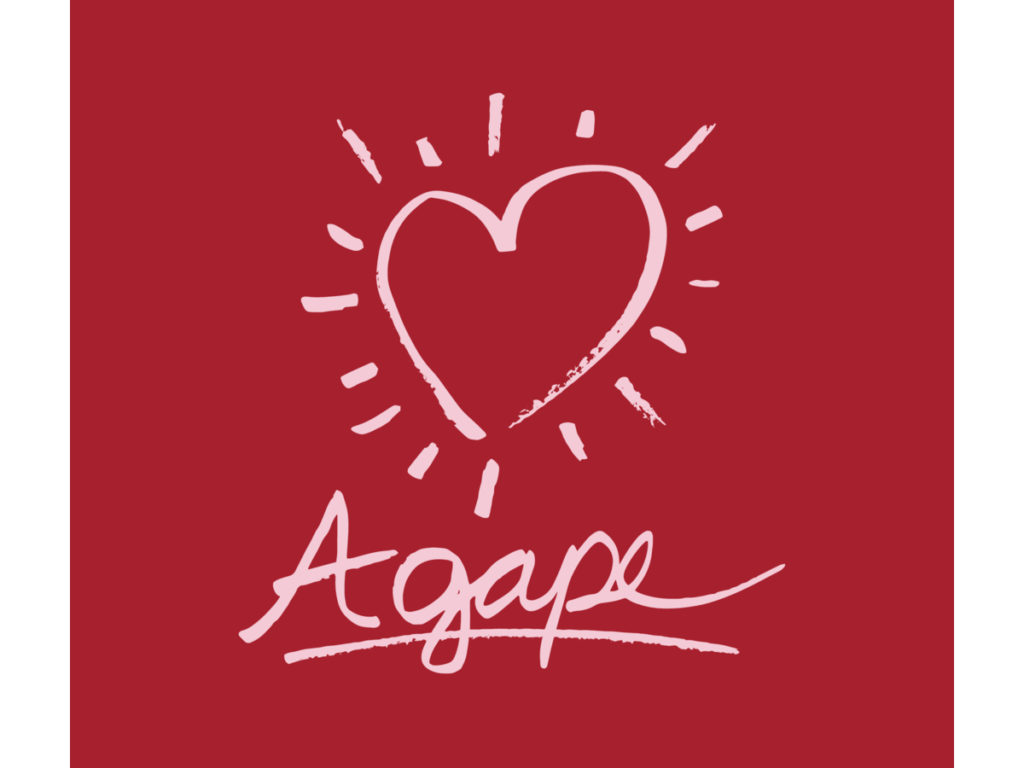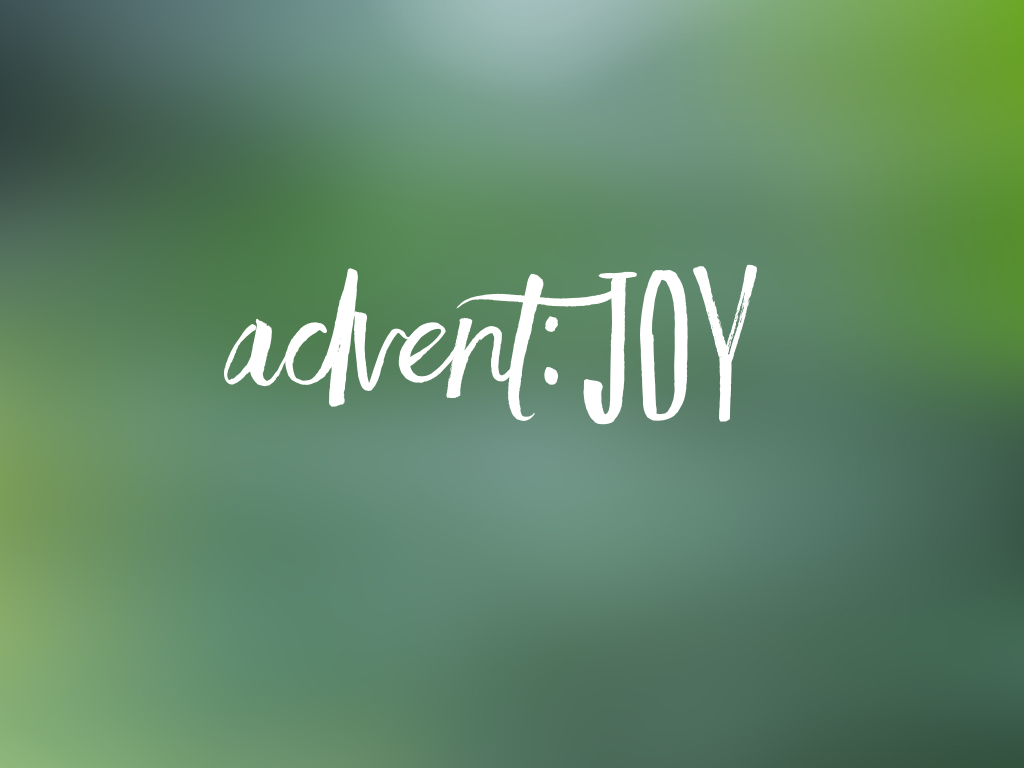Meditations on Singing a New Song
Nature is the one song of praise that never stops singing. — Richard Rohr A bird doesn’t sing because it has an answer, it sings because it has a song. — Joan Walsh Anglund Bless the poets, the workers for justice, the dancers of ceremony, the singers of heartache, the visionaries, all makers and carriers of […]





